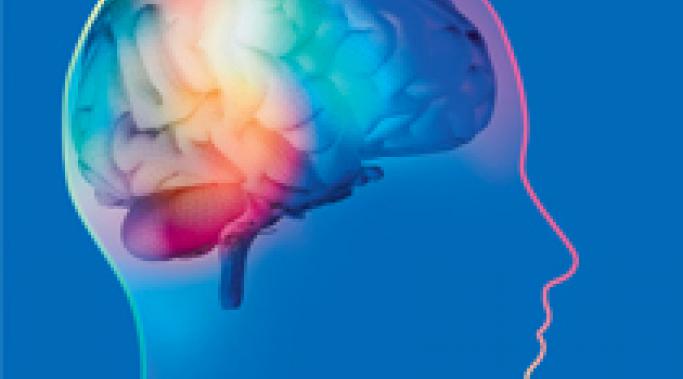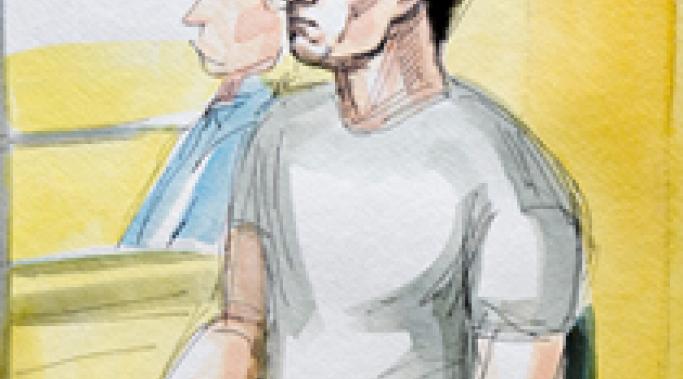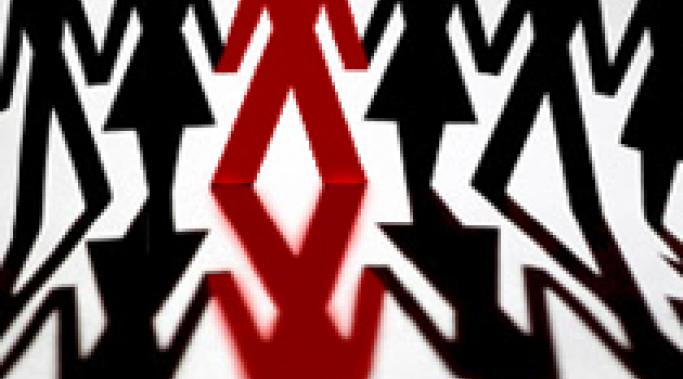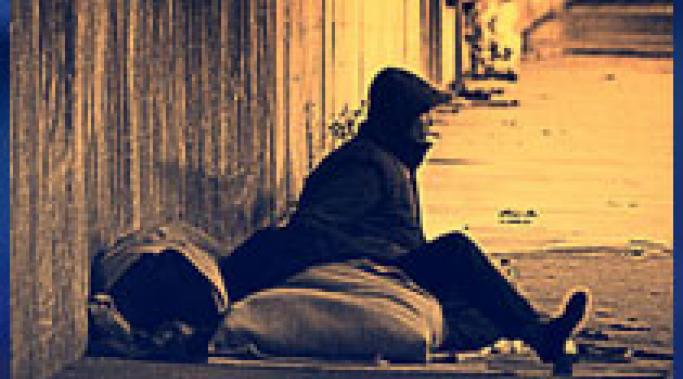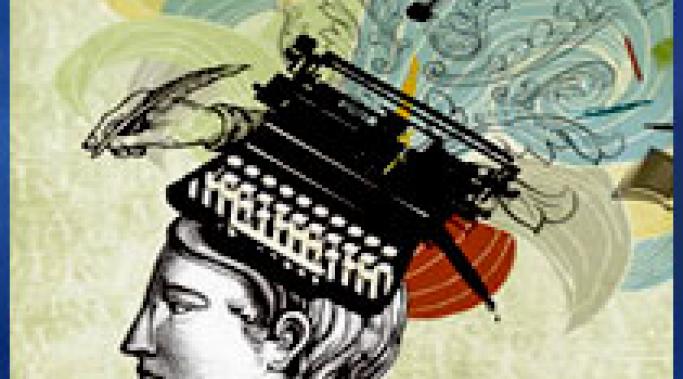A New Dawn for Schizophrenia
Slipping through the cracks of the mental health system is all to easy for people who suffer from schizophrenia. Some of us wander the streets homeless. Others, end up in shelters and community homes. Though this is a common scenario today, in the future it will be less so. As bleak as the present may seem for many people, there will be a time when people with schizophrenia will defy the stereotypes that are associated with our illness. The reasons for this are as follows:
Schizophrenia Stigma
On National Public Radio (NPR) today, I heard an array of psychiatrists and parents speak about the mental health system, and how to better protect the public from the criminal behavior of those with severe mental illness. The argument was that society needs protection from us, so that the tragedies and shootings that have occurred over the past decade can be prevented. They spoke of gun control, forced hospitalization and increased access to care. Many of these points are valid, and yet their entire perspective on mental illness is heavily flawed.
We, as schizophrenics, must band together to form our own culture, art and way of life. We need to be recognized as a people who have a unique perspective to offer this world. Even a disability as debilitating as schizophrenia can have strengths built into its terrible nature. With the advent of medication and advanced treatment we are capable of forming our own ideas, opinion and voice that can strengthen us as a disabled people.
Having Schizophrenia does not mean that you should be treated unjustly. We deserve the same basic rights as anyone else experiencing a debilitating illness. (Schizophrenia is an Illness, Not an Evil) Our disease is just that, a disease and nothing more. I am not a flu virus when I am sick, nor am I a bacteria when I have an infection. Why should we even call ourselves “schizophrenics”, as if our illness is attached to our very souls? We have beating hearts, and are veins bleed like anyone else. Our emotions are hurt when we are abused and our passion is just as strong, even if it is sometimes misplaced. Everyone is defective in some manner, so why should we be thought as being less?
Many with Schizophrenia, like myself, have experienced homelessness at some point in their lives. The experience can be humiliating and complicate the treatment and symptoms that we suffer through. It is nearly impossible to recover without this basic necessity.
Though the overall experience of homelessness was degrading, there was a certain freedom that it also allowed me.
Originally the purpose of this blog, "Creative Schizophrenia", was to create a new form of art, that had not previously been done before. To make a new style of writing based upon irrational thought rather than that of irrational emotions. To turn Schizophrenia into an art form. I never intended to be an advocate for people with Schizophrenia nor did I intend to offer support. That was more of an unintended side effect.
Several years ago, I made a video in an attempt to explain the complexities of my condition (Schizophrenia). When I made this video, I was starting to successfully control my illness. Even this, however, did not quell the anger that burned inside of me towards both the world and myself. I began to ask questions. Why was I chosen to carry this burden? What did I do to deserve this?
Infamous Norwegian terrorist, Anders Breivik, who is currently being tried for mass murder was finally declared by a psychiatric board last month to be criminally “sane”. This is opposed to an earlier conclusion that he suffers from Paranoid Schizophrenia, and was undergoing psychosis during and after the attacks. The earlier conclusion had very little evidence to support it, and was possibly motivated by a legal system in which it is easier to hold someone indefinitely if they are deemed criminally “insane”.
Today I was eating a grilled cheese sandwich in a local restaurant when two waitresses pointed their finger in my direction, laughed and spoke about the “voices in their head.” This is by no means the first time I had been harassed by strangers for the things that I write, and I am sure it will not be the last. I am, after all, a man who represents one of the most feared and stigmatized groups of people in the world. Most people I know have been very supportive of my writing and advocacy, but there are also those who cannot break down the wall of stigma and discrimination.
